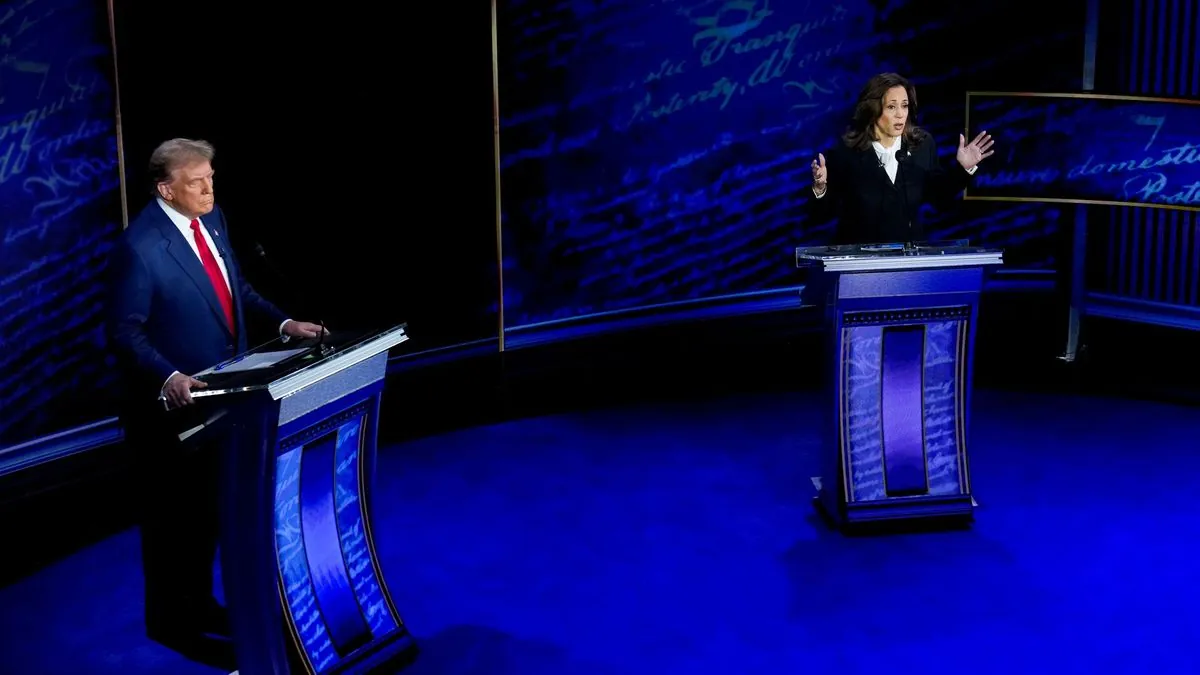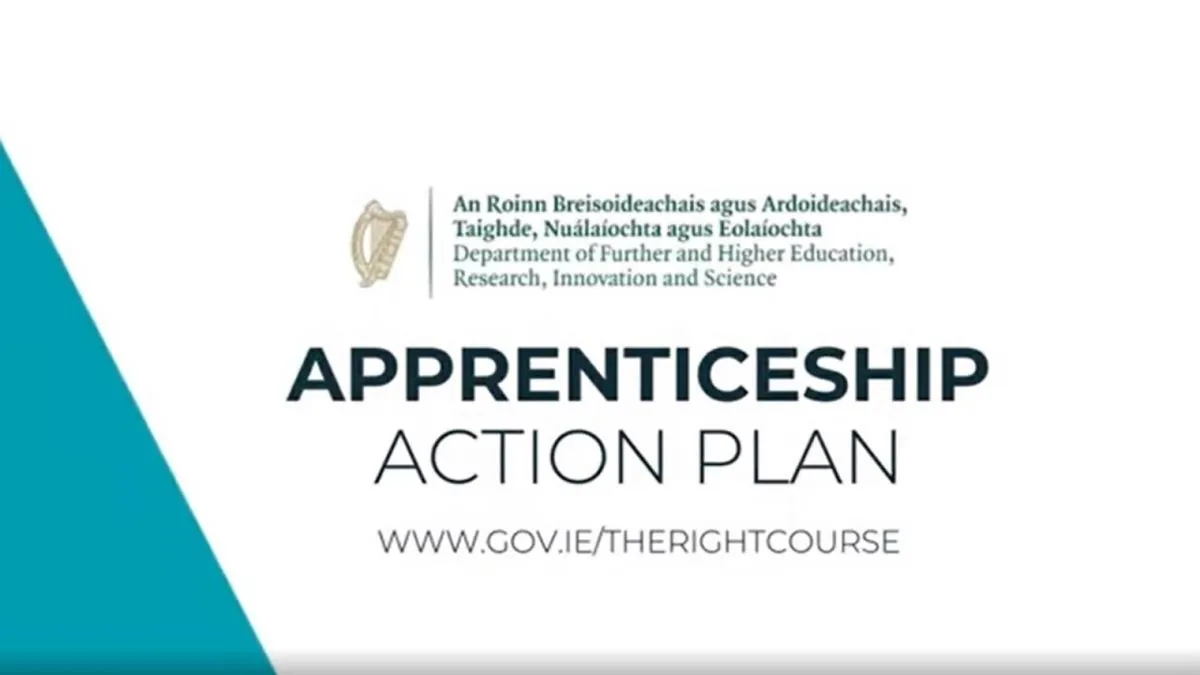Harris Vows to Cut Degree Requirements for Federal Jobs if Elected
Vice President Kamala Harris pledges to eliminate unnecessary college degree requirements for federal jobs if elected president. Her speech in Pennsylvania was interrupted by protesters opposing U.S. support for Israel.

Kamala Harris, the current U.S. Vice President and Democratic presidential candidate, has announced a significant policy proposal aimed at expanding job opportunities for Americans without four-year college degrees. Speaking in Wilkes-Barre, Pennsylvania, on September 13, 2024, Harris pledged to eliminate unnecessary degree requirements for federal positions if elected president in the upcoming November 5 election.
This proposal reflects a growing recognition of alternative paths to career success, such as apprenticeships and technical programs. The U.S. federal government, as the nation's largest employer with over 2 million civilian employees, could potentially create numerous opportunities for skilled workers without traditional degrees. Harris emphasized that a college degree is not always indicative of a person's capabilities, stating, "As president, I will get rid of the unnecessary degree requirements for federal jobs to increase jobs for folks without a four-year degree."

Harris' announcement comes as part of a broader economic appeal to voters, mirroring efforts by her Republican opponent, former President Donald Trump. Both candidates have proposed various tax-related measures to attract middle-class support. Harris has advocated for a middle-class tax cut, while Trump has suggested reducing taxes on overtime pay. Interestingly, both candidates have expressed support for eliminating taxes on tips, a practice that has been part of American culture since the 19th century.
The Vice President's speech was momentarily disrupted by protesters opposing U.S. support for Israel's military actions in Gaza. This interruption highlights the ongoing tensions surrounding the Middle East conflict, which has been a contentious issue in American politics for decades. The U.S. has been a staunch ally of Israel since its establishment in 1948, but recent events have led to increased scrutiny of this relationship.
In response to the protesters, Harris reiterated her support for a ceasefire and hostage rescue deal, stating:
"Now is the time to get a hostage deal and ceasefire. I respect your voice, but right now, I am speaking."
This interaction underscores the delicate balance Harris must maintain as she addresses both domestic and international concerns in her campaign. The ongoing conflict in Gaza, which escalated following a Hamas attack on Israel on October 7, 2023, has resulted in significant casualties and a humanitarian crisis.
As the first female, Black, and South Asian American vice president in U.S. history, Harris faces unique challenges and opportunities in her bid for the presidency. The race between Harris and Trump remains tight, with Pennsylvania continuing its role as a crucial swing state. Political analysts suggest that the support of Muslim and Arab American voters, who predominantly favored Democrats in the previous election, could be pivotal in determining the outcome.
Harris' campaign strategy appears to blend economic policies with a nuanced approach to foreign affairs, reflecting the complex political landscape of 2024. As the election approaches, both candidates will likely continue to refine their messages to appeal to a diverse electorate grappling with domestic economic concerns and international crises.


































